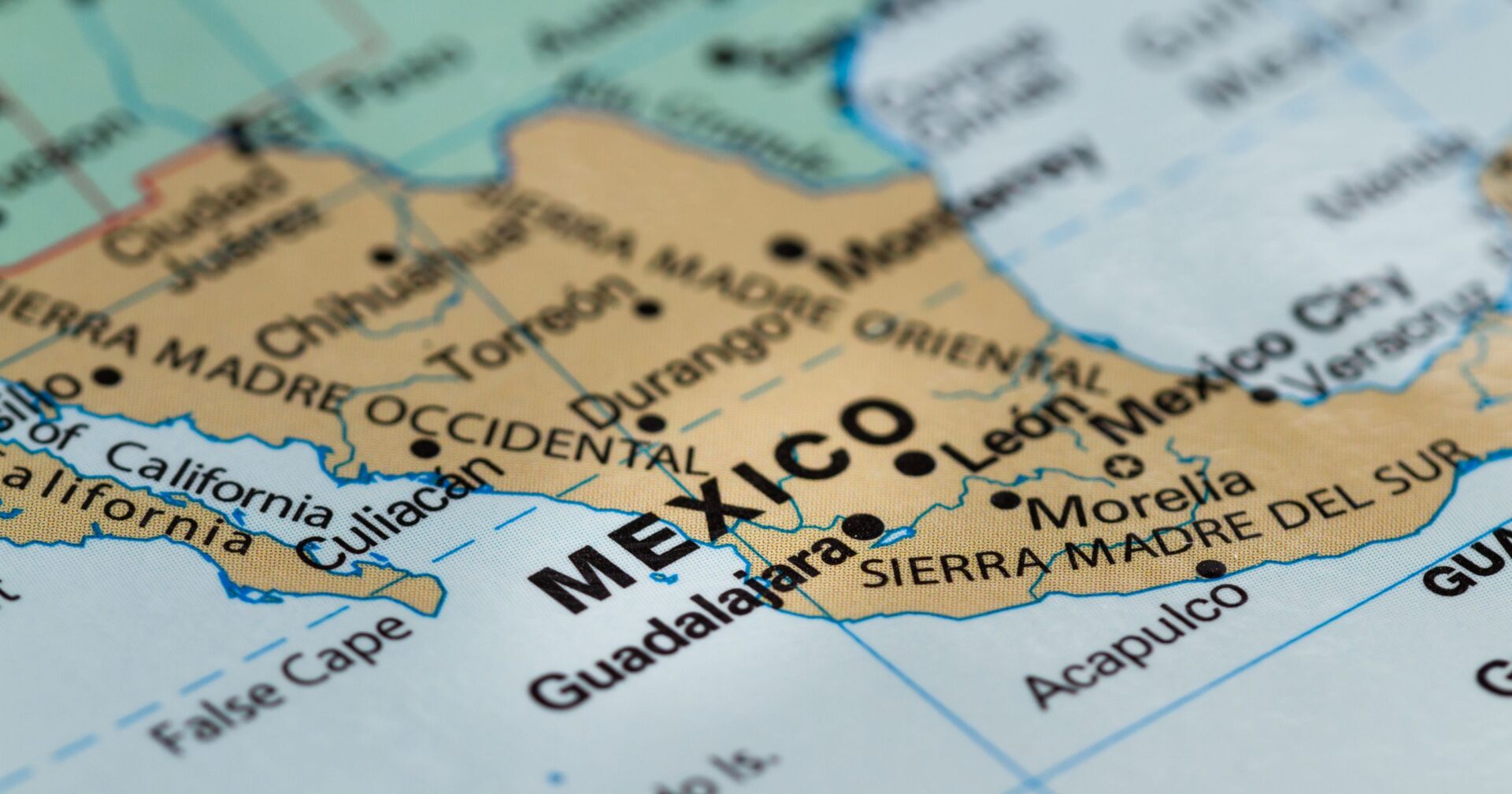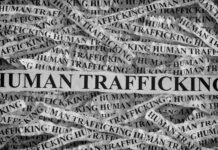Sister Karina de la Rosa Morales, a Xavierian Missionary Sister of Mary, voiced her distress over Mexico’s alarming rates of human trafficking, child abuse, organ trading, sex tourism, child kidnapping, and child pornography. The Rahamim network, to which she belongs, is dedicated to fighting these issues.
In a recent ACI Prensa interview, Sister Ligia María Cámara from the Rahamim network highlighted the deceptive and forceful nature of human trafficking, which infringes on people’s rights and transports them to unknown destinations.
A January OECD report exposed Mexico’s top rankings in child sexual abuse, exploitation, homicides, and trafficking of minors, as well as child pornography production and distribution. The El Financiero newspaper shared that before COVID-19 lockdowns, Mexico saw one pedophile enter the country per minute. Child pornography, a lucrative industry with an estimated annual revenue of $7 billion, has risen sharply during the pandemic, according to Congresswoman Verónica Beatriz Juárez Piña and UNICEF.
Founded in 2013, the Rahamim network focuses on human trafficking prevention through educational initiatives. Norma Angélica Landa, a mother active within the network, identified various forms of trafficking, including sexual exploitation, forced labor, slavery, begging, forced marriages, organ sales, illegal adoptions, and surrogacy. The UNODC reported a 67.3% increase in human trafficking victims in Mexico between 2020 and 2021.
Rahamim, translates to “heart of mercy” in Hebrew, offers safety tips to avoid trafficking, such as being cautious on social media, verifying online job offers and scholarships, not sharing personal identification, and not accepting food or drinks from strangers.
Sister Cámara also stressed that pornography consumption, domestic violence, and sexual abuse have surged during the pandemic, fueling human trafficking.



















